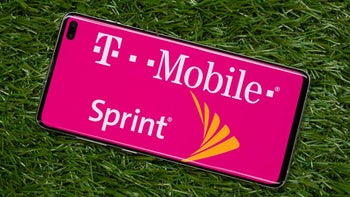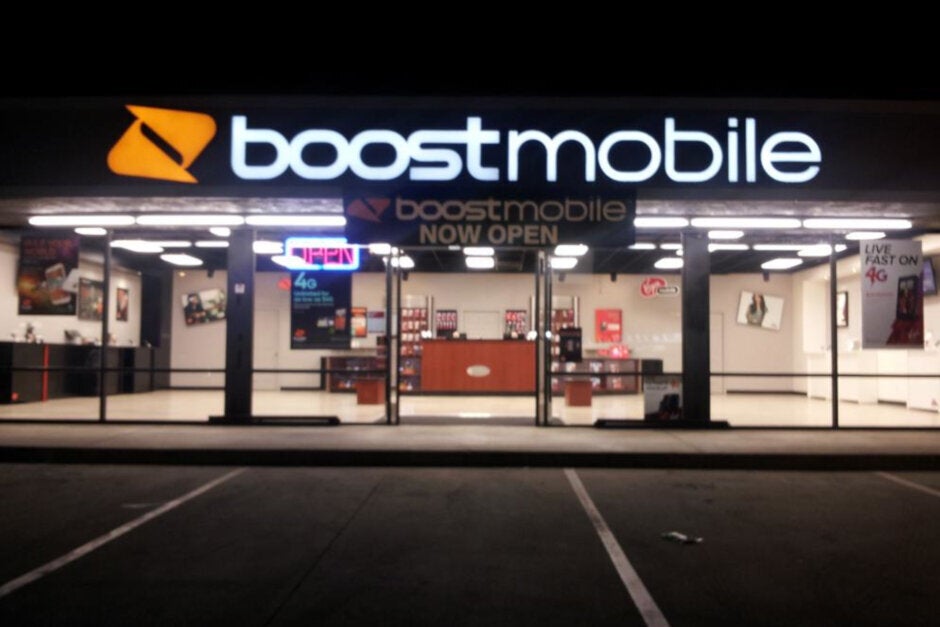Here's why T-Mobile and its 5G network will catch Verizon during the coming recession

With as many as 10% of the U.S. workforce out of work, the COVID-19 outbreak has the country poised for a recession. And if a vaccine for coronavirus cannot be developed in time, a global depression is not out of the question. While a recession simply brings the economy back to earth after several good years, a depression is more serious. Right now, the Trump administration is trying to prevent this from happening by promising to make credit available to small businesses that need it.
Wall Street researchers say that T-Mobile and Dish will take advantage of the new price sensitivity among U.S. consumers
But let's assume that the U.S. does suffer through a recession anyway. Many companies in the wireless industry are going to suffer after years of growth. When it comes to wireless providers, the carriers as a group might hold up better than most since there are many people who will consider it essential to keep their phone hooked up to a carrier. Some in the states with a paid-off phone might want to save some money by switching from one of the major wireless operators to a less pricey prepaid firm.

Under Dish Network's leadership, Boost will see a growth turnaround says New Street
According to analysts at New Street Research (via Fierce Wireless), there will be winners and losers in the business if we do fall into a recession. The winners will be T-Mobile and Dish Network, according to the Wall Street research firm. The losers will be Verizon and AT&T. New Street sees T-Mobile and Dish "well-positioned" to benefit from the tough business climate; both Verizon and AT&T will be doubly hit by the slowing wireless industry and their shrinking share of the industry in the states.
New Street analysts Jonathan Chaplin, Spencer Kurn, and Philip Burnett told clients in a note that, "Investors are concerned that T-Mobile might suffer from higher churn and bad debt, given a customer base with lower credit quality. We find no evidence for this trend from the last recession and no reason to think it will be a major factor in this recession. We think it is far more likely that T-Mobile will gain share at a faster pace as households become more price sensitive. The relaunch of the 'New T-Mobile' with unified pricing will be fortuitously well timed. Cable companies and Dish also stand to benefit."
The research firm also believes that with T-Mobile now able to combine its 600MHz low-band spectrum with Sprint's 2.5GHz mid-band signals, when it comes to 5G T-Mobile will be more competitive against Verizon and AT&T. For example, the additional spectrum it picked up in the merger will allow T-Mobile to hike its network capacity by 14 times over the next six years. The combination of low-band, mid-band, and high-band mmWave signals will help T-Mobile increase the speed of its nationwide 5G network by a factor of 8 over the next few years, which will increase to 16 over the next six years.
Verizon's postpaid growth will "grind to a halt" according to New Street
As we said above, consumers are going to get more sensitive to pricing overall and New Street sees market share moving from postpaid to prepaid and to lower-priced prepaid providers. And T-Mobile has the largest and fastest-growing prepaid operation in the U.S. But even with its postpaid business, T-Mobile will do better among price-conscious consumers; according to New Street, the carrier has a price advantage over Verizon and AT&T of about 20%. After adjusting for the recession, New Street sees T-Mobile matching Verizon's customer count as it picks up market share even in the face of slowing growth in the industry.
As for Verizon, the research firm expects postpaid subscriber growth to "grind to a halt" and notes that Big Red's prepaid business is "too small and poorly positioned to offset the pressure in postpaid" from the recession. They also point out that Verizon has been losing prepaid subscribers for years. As for AT&T, the research firm says that improved growth for AT&T's Cricket prepaid business is not enough to offset weakness from the postpaid side of the business.
Dish will start its journey towards replacing Sprint by offering prepaid service to the 9.3 million prepaid customers it acquired from Sprint. About Dish, New Street writes, "We don’t know what Dish’s strategy will be, for now we assume they price in-line with T-Mobile (Metro) and AT&T (Cricket)." The analysts see Boost's business turning around and growing under Dish Network's management and the U.S. consumer's new sensitivity to price.










Things that are NOT allowed: